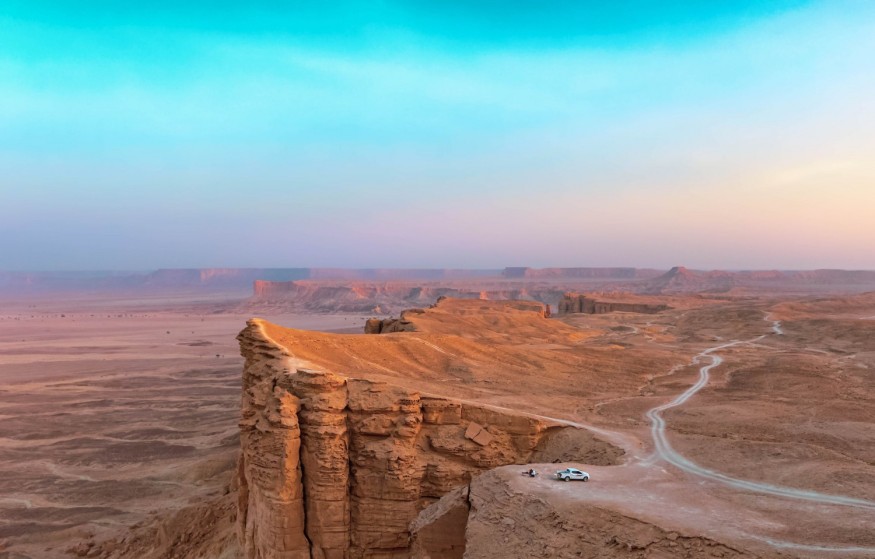
Saudi Arabia and Kuwait reiterated that the natural resources in the divided portion of the Arabian Gulf, including the entire Al-Durra gas field, is jointly owned by the two nations.
Citing the Saudi state news agency (SPA), the Alarabiya News reported that the Saudi Arabia's Ministry of Foreign Affairs has declared that Saudi Arabia and Kuwait have sole and complete sovereign rights to exploit the region's wealth.
The two countries emphasized their calls for Iran to participate into negotiations over the eastern border of the submerged area.
Saudi Arabia and Kuwait will negotiate as one party, while Iran will act as the other party "in accordance with the provisions of international law."
The dispute
For many years, Kuwait and Iran have engaged in joint negotiations to resolve the Al-Durra gas field dispute. Both sides made repeated efforts to emphasize the significance of resolving the matter in adherence with international law.
But due to a lack of agreements, the Kuwaiti government signed an agreement with Saudi Arabia to jointly develop the field in March 2022.
Iran opposed the arrangement at the time and called it "illegal" and in violation of earlier discussions, claiming that Tehran must be involved in any effort to run or develop the field.
Last week, Iran said that if other parties refuse to cooperate, it will pursue its rights to the field.
"If there is no willingness to cooperate, Iran will pursue its rights and benefits, including the exploitation and exploration of the Arash gas field, and will not tolerate any violation of its rights," Iran's Oil Minister Javad Owji said, as reported by Reuters.
Both the Gulf nations vehemently oppose Iran's claims to the region and urged Tehran to talk on the demarcation of its maritime borders.
"We categorically and completely reject Iran's planned activities around the Durra offshore gas field facilities," Kuwait's Oil Minister Saad al-Barrak said
Al-Durra gas field
The Al-Durra gas field is an offshore natural gas field located in the neutral zone between the Saudi Arabia, Kuwait, and Iran.
The field's row dates back to 1967, when it was discovered by the Japanese business AOC.
Iran and Kuwait both granted an offshore concession, one to the Anglo-Iranian Oil Company, predecessor to British Petroleum, and the other to Royal Dutch Shell.
It is believed to generate an estimated 1 billion cubic feet of gas per day, which equates to around 84,000 barrels of condensate per day, as reported by Atalayar.
The field operations have sparked debate since the CEO of the National Iranian Oil Company, Mohsen Khojsteh Mehr, disclosed last week that the country had committed major resources to the offshore field's exploration.
According to Mehr, who spoke to Iranian state media, "considerable resources have been allocated to the National Iranian Oil Company's board of directors for the implementation of the development plan for this field."
Saudi Aramco, Saudi Arabia's state oil corporation, and Kuwait Gulf Oil corporation inked a memorandum of understanding to develop the field in December of last year.
Related Article : Humanity Consumes More Renewable Resources Than What is Available: One Year Supply Gone
Related Video:
© 2025 NatureWorldNews.com All rights reserved. Do not reproduce without permission.





